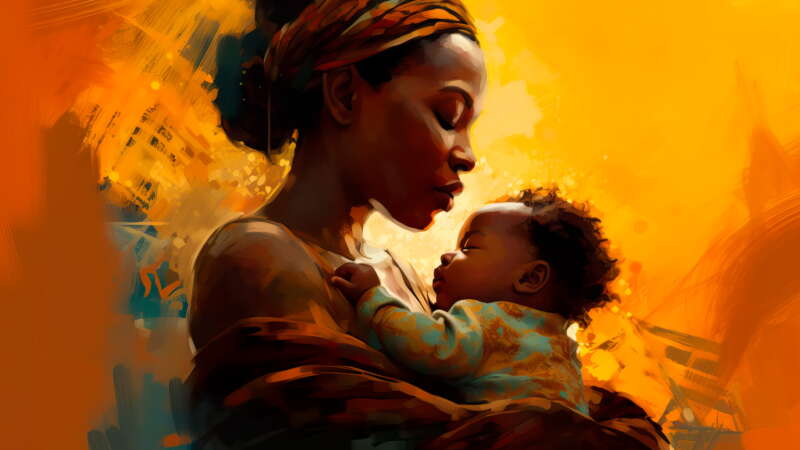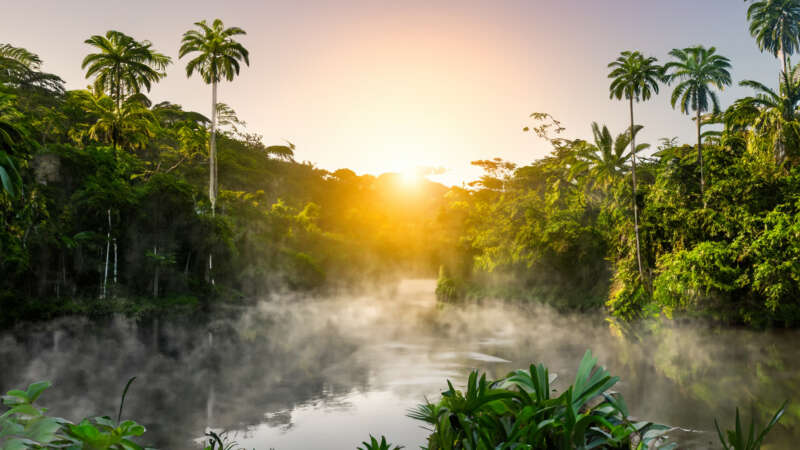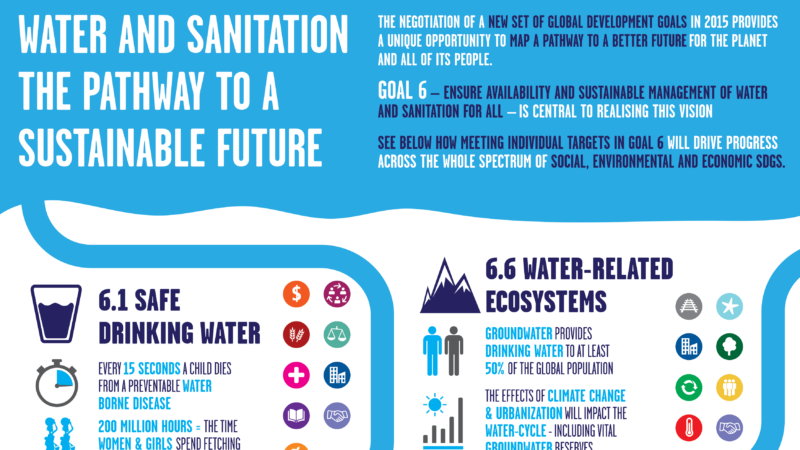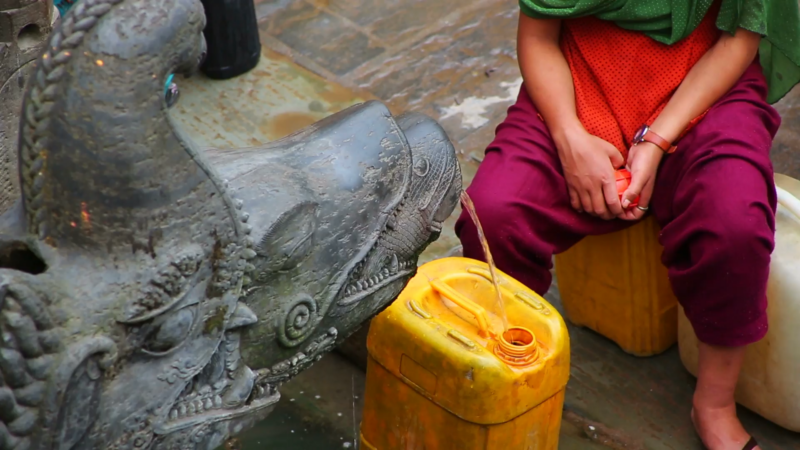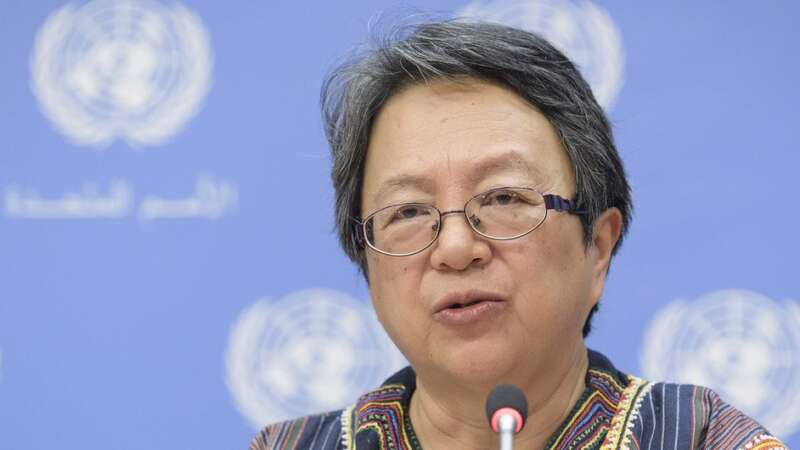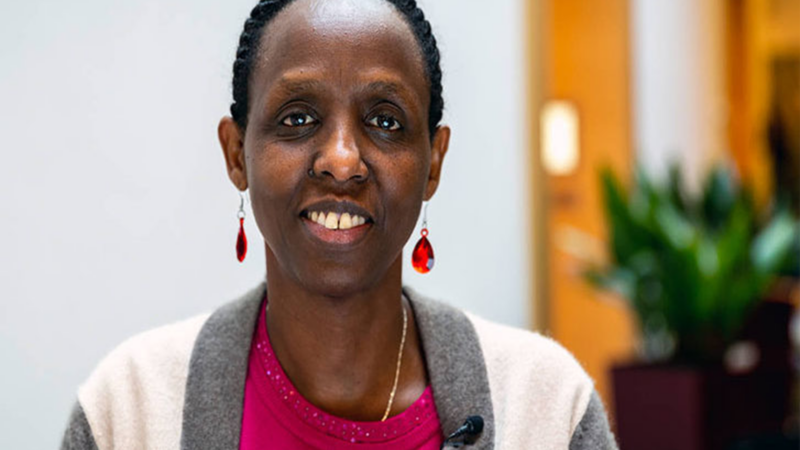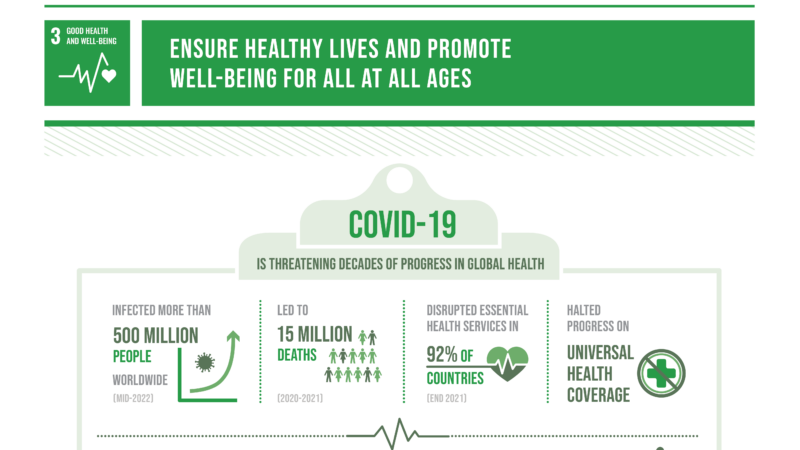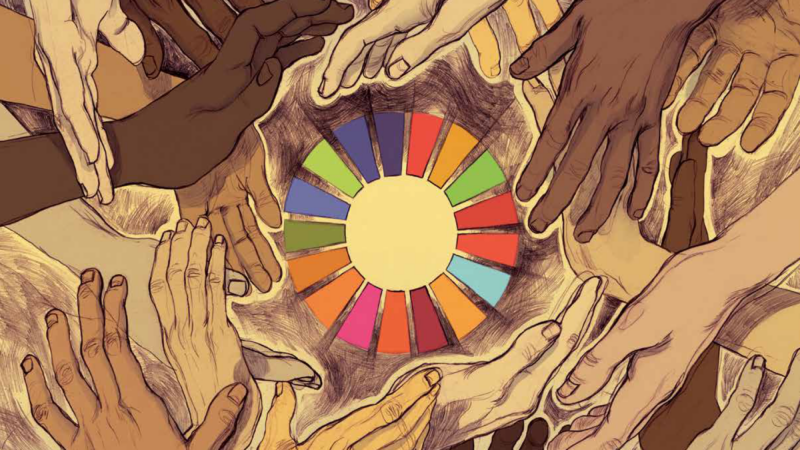united nations
Role of Social Determinants in Maternal and Child Health
About 287,000 women died during and following pregnancy and childbirth in 2020. Around 95% of these maternal deaths occurred in low and lower middle-income countries and nearly every death was preventable. Equally, children under the age of five continue to face differing chances of survival based on where they are born and raised.
A child born in sub-Saharan Africa is 11 times more likely to die in the first month of life than one born in the region of Australia and New Zealand, and a 15-year-old girl in sub-Saharan Africa is 400 times more likely to die in her lifetime due to issues related to childbirth than a 15-year-old girl living in Australia and New Zealand (with the ratio for SSA being 1 in 40, compared to ANZ being 1 in 16,000 women).
Shrinking Forests, Emerging Diseases
Dona Dora’s man is away from home a lot more these days. It didn’t used to be like that.
He leaves early, sometimes on foot, but increasingly on his bicycle, and heads into the forests surrounding Belém, the capital of Brazil’s Para province. He keeps his eyes open especially for five medicinal plants that are always in demand — sucuúba (Himatanthus sucuuba), copaíba (Copaifera spp.), andiroba (Carapa guianensis), barbatimão (Stryphnodendron spp.) and pãu d’arco (Tabebuia avellanedae).
Fifteen years earlier, he would have found all five within hours and been back for lunch, but times have changed. These days, medicinal forest plants in high demand are becoming harder to find as forests that have stood strong for millennia are cleared to make way for grazing pastures for millions of cattle, agriculture, and development.
Now, Dona Dora’s man can spend a whole day and not find more than a few plants. It might be late at night before he gets back home.
Clean Water and Sanitation: A Global Report Card
Clean water and sanitation is central to sustainable development and the post-2015 development agenda, with strong linkages to many of the other proposed Sustainable Development Goals. Learn more through the excellent infographics provided below, and do remember to share this important knowledge with friends and family.
Credits: Unilever for World Water Day
Clean Water: A Basic Need for Health and Survival
Clean water is essential for all life on Earth to thrive. The water cycle is not contained within our countries’ borders or boundaries, which makes it a challenge to monitor, maintain and implement improvements and changes. Ownership of, and access to, this essential natural resource has been at the forefront of many disputes around the world, between neighboring countries and communities, and even countries on opposite sides of an ocean. Across the globe we are observing conflicts, wars and water refugees as people struggle for equal access to what has been widely termed as Blue Gold.
Economies on both a national and local level depend upon clean freshwater and saltwater regions. In theory, a thriving economy has the ability to fund infrastructure projects and provide basic needs for all of its citizens. However, even wealthy countries are struggling to provide sufficient standards of clean water, with each region negotiating its own bespoke complications.
Vicky Tauli-Corpuz: Illuminating the Path for Indigenous Rights
Vicky Tauli-Corpuz is an exceptional activist who has played a significant role in promoting indigenous rights globally, thus becoming a prominent figure within the realm of human rights struggles.
Tauli-Corpuz hails from the Cordillera region in the Philippines, specifically belonging to the Kankanaey Igorot indigenous community. Her upbringing exposed her to the difficulties experienced by her community, which encompassed discrimination, marginalization, and the desecration of their ancestral territories. Driven by an unwavering resolve to combat such inequities, Tauli-Corpuz embarked on a lifelong mission to empower her people and provide them with a platform to express their concerns amidst challenging circumstances.
Dr. Agnes Kalibata: Sustainable Agriculture Advocate
When it comes to building a healthier and more sustainable future, few people have made as much of an impact as Dr. Agnes Kalibata. As a renowned agricultural scientist, policymaker, and advocate for nutrition and food security, Dr. Kalibata has spent decades working to improve the lives of people in her home country of Rwanda and around the world.
After growing up in an Ugandan refugee camp with her Rwandan parents, Dr. Kalibata earned a degree in agricultural sciences from Makerere University in Uganda and then went on to complete a PhD in entomology at the University of Massachusetts Amherst. However, it was her work in Rwanda’s Ministry of Agriculture that really put her on the map.
Breaking Down UN SDG 3: Good Health and Well-Being
The United Nations’ Sustainable Development Goal 3 (SDG 3) aims to ensure healthy lives and promote well-being for all. From reducing maternal and child mortality to combating infectious diseases, SDG 3 encompasses a wide range of health-related issues that are essential for building a sustainable planet.
In this infographic, we will delve deeper into the specific targets of SDG 3 and examine the progress made so far in achieving them. Join us as we explore the importance of good health and well-being, and the steps we can take to make it a reality for everyone.
Earth Day & Public Health: Unavoidably Connected
Each year on April 22nd, people and nations around the world celebrate Earth Day to raise awareness and promote action toward environmental protection and sustainability. Activities typically include community clean-ups and educational campaigns designed to promote sustainability in daily life.
The origins of Earth Day date back to the 1960s and a decade of growing enviro-consciousness brought about by the publication of Rachel Carson’s Silent Spring and a series of environmental disasters that climaxed with a devastating oil spill off the coast of California in 1969. Gaylord Nelson, a U.S. Senator from Wisconsin, organized the first Earth Day in 1970, when an estimated 20 million Americans took part in organized activities ranging from tree plantings to beach cleanups and teach-ins on college campuses.
Since those humble beginnings, Earth Day has become a global event – but amidst the tree plantings and landscape revitalization lies a subtle and yet direct connection between Earth Day and Public Health. Just as we depend on the natural environment for our survival, civilization creates and shapes a social and economic environment that greatly influences the health and well-being of our species.
